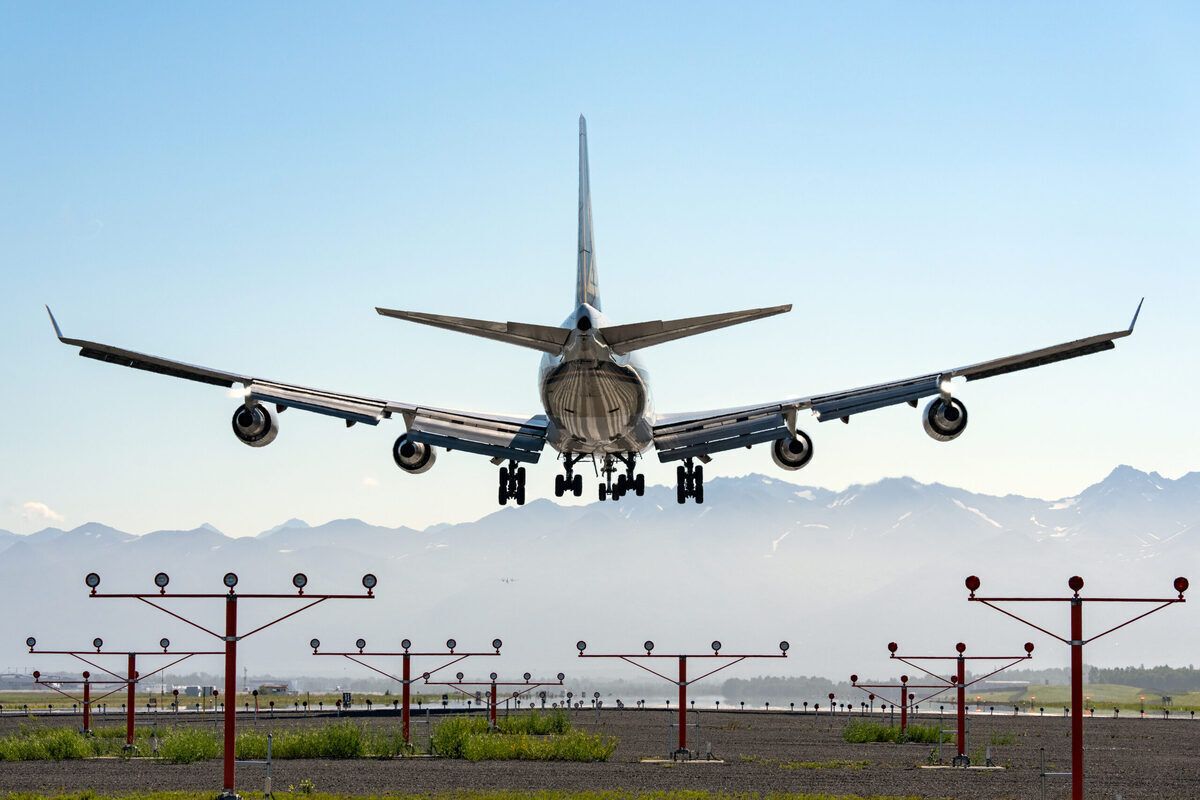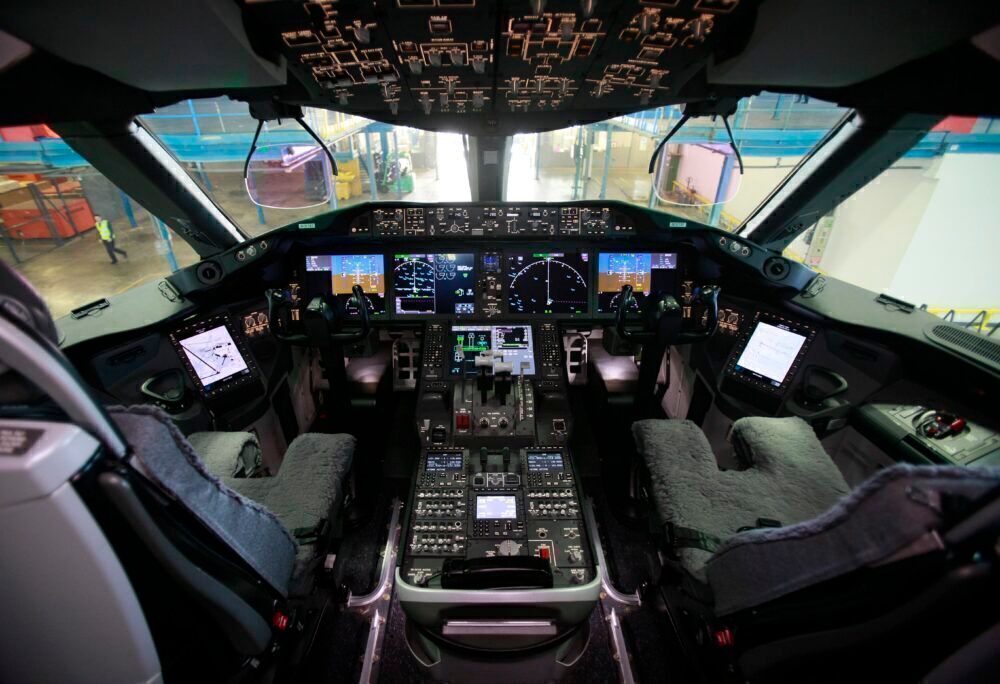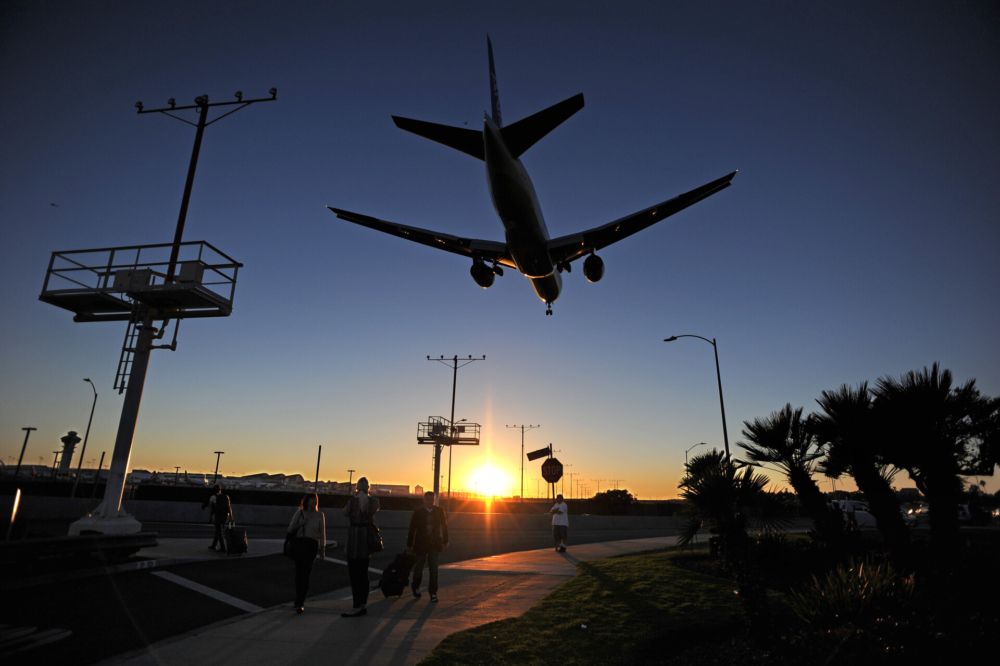The US air industry has won a two-week reprieve from the rollout of 5G services across the United States. Major companies AT&T and Verizon agreed to a two-week delay to continue to work on a way to keep air operations safe while rolling out the technology. For the last few weeks, the airlines and labor groups have been engaged in a tense standoff against AT&T and Verizon over the rollout of 5G. As soon as earlier today, it appeared a resolution would not come in time to stop the rollout on Wednesday.
Telecom providers agree to delay in 5G rollout
Late Monday evening, the Air Line Pilots Association (ALPA) and Association of Flight Attendants-CWA (AFA) took a victory lap as AT&T and Verizon agreed to delay the contentious 5G technology rollout. T-Mobile, another major telecom provider with 5G, is not affected. T-Mobile does not use the same C-band spectrum frequencies that the FAA has concerns over. The labor groups contended could pose a serious risk to aviation safety. Sara Nelson, President of the AFA, stated the following:
Joining her was Capt. Joe DePete, President of ALPA:
In a statement to the New York Times, an AT&T spokesperson said the following:
“At Secretary Buttigieg’s request, we have voluntarily agreed to one additional two-week delay of our deployment of C-Band 5G services."
The US Federal Aviation Administration (FAA) released the following statement:
"Safety is the core of our mission and this guides all of our decisions. The FAA thanks AT&T and Verizon for agreeing to a voluntary delay and for their proposed mitigations. We look forward to using the additional time and space to reduce flight disruptions associated with this 5G deployment."
A contentious past few weeks
In early December, the FAA issued an airworthiness directive (AD) covering the rollout of 5G technology. The AD outlined concerns that radio altimeters could not "be relied upon to perform their intended function if they experience interference from wireless broadband operations in the 3.7-3.98 GHz frequency band (5G C-Band)." This caught the attention of various safety professionals in the industry and prompted a response from major airlines and labor groups.
Airlines for America (A4A) released an impact estimate that if the AD had been applied in 2019, it would have disrupted approximately 345,000 passenger flights and 5,400 cargo flights. This would have impacted an estimated 32 million passengers in the form of delays, diversions, or cancellations. A4A estimated that the cost on US passenger airlines would reach $1.7 billion annually.
The FAA and Department of Transportation (DOT) also lobbied telecom providers to delay the implementation of 5G rollout until a solution could be worked out that would preserve the safety of aviation while also allowing the technology to benefit consumers. On December 31st, Secretary of Transportation Pete Buttigieg and FAA Administrator Steve Dickson sent a letter to Verizon and AT&T CEOs asking them to delay implementation until January 19th.
Both companies rejected that request on January 2nd, arguing instead that 5G technology was safe and had worked in other countries. On Monday, the providers agreed to an additional two-week delay and also offered mitigation measures that are comparable to some European operating environments. The FAA continues to look into the actions, though it expects the measures will reduce disruptions to air operations. Additional mitigations will be in place for six months around 50 airports the FAA identified to have the greatest impact on the US aviation sector.
Crisis averted for now
The 5G technology was set to roll out on January 5th. Airlines and industry groups worried that the impact of 5G technology on radio altimeters would limit the ability for pilots to safely land when visibility conditions are deteriorated and could impact other operations. The FAA's AD would affect operations at some major airports, effectively banning some operations requiring data from the radio altimeter, leading to significant delays and cancellations at major airports.
In a week as airlines continue to recover from the disastrous impact of winter storms and climbing case counts that even left the jubilant United Airlines managing irregular operations and delaying or canceling hundreds of flights per day, the rollout of 5G threatened to wreak even more havoc on an industry already trying to recover.
It is unclear whether the FAA will restrict certain operations when 5G technology goes live. In any case, the delay gives all parties the chance to reach a solution that will benefit aviation and consumers. January 19th is the next date for contention.



